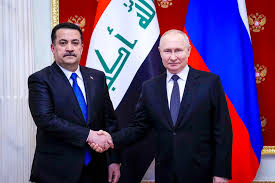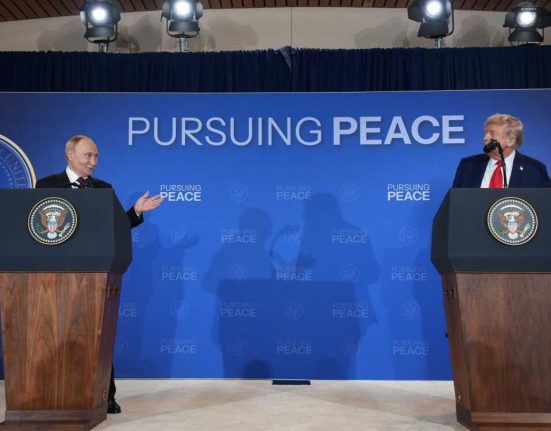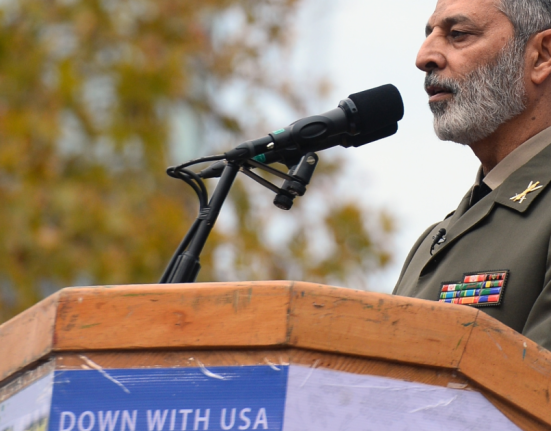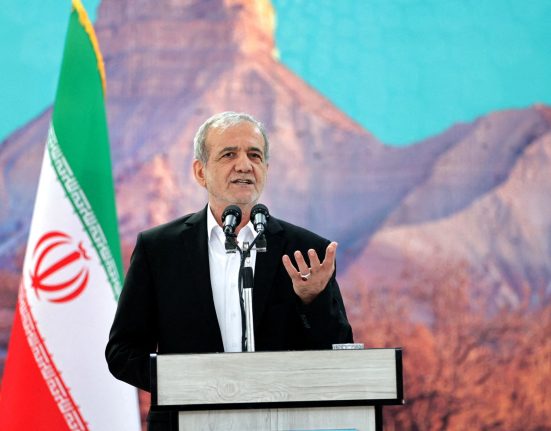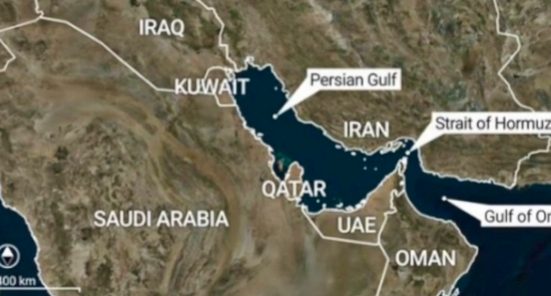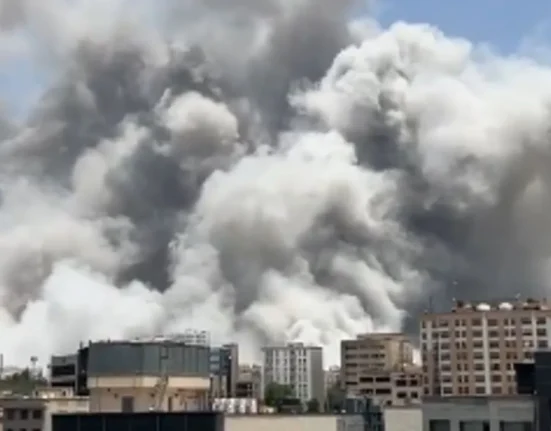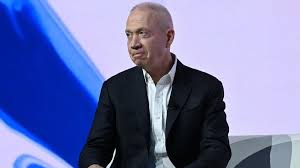June 23, 2025 – Global Desk Report
Amid rising tensions in the Middle East triggered by U.S. military strikes on key Iranian nuclear facilities, Russian President Vladimir Putin and Iraqi Prime Minister Mohammed Shia al-Sudani have issued stern warnings over the growing threat such instability poses to the global energy market.
President Putin, addressing the press following a high-level briefing in Moscow, described the latest developments as “deeply concerning,” warning that continued escalation could “open a Pandora’s box” and severely affect the global supply and pricing of oil and gas. He called for restraint by all parties, adding that such actions risk pushing the world toward broader economic and geopolitical instability.
Reinforcing this stance, Russia’s Deputy Prime Minister and energy strategist said the country was carefully monitoring the evolving situation and emphasized the potential need for increased oil output to stabilize market volatility. The conflict has already begun to impact investor confidence, with crude oil prices surging due to fears of supply disruptions.
Echoing these sentiments, Iraqi Prime Minister al-Sudani stated that the crisis could result in catastrophic consequences if not quickly de-escalated. Speaking from Baghdad, he warned that any disruption to the Strait of Hormuz—a key maritime route for oil exports—could interrupt the flow of nearly 20% of the world’s petroleum supply, pushing prices dramatically higher. He estimated that if hostilities worsen, global oil prices could soar to between $200 and $300 per barrel, destabilizing economies reliant on energy imports.
The joint concern from both Moscow and Baghdad underscores the mounting anxiety among oil-producing nations and global markets alike. Energy analysts have cautioned that the conflict could shift the delicate balance of global supply chains, especially if Iran retaliates by blocking maritime routes or targeting regional infrastructure.
In the wake of the crisis, diplomatic efforts are intensifying. Russia has positioned itself as a potential mediator, signaling readiness to work with regional partners, including China and Iraq, to prevent further escalation. Iraq, for its part, has urged regional dialogue and reiterated its commitment to maintaining oil flow and regional stability.
As diplomatic efforts unfold and military tensions simmer, global markets remain on edge, bracing for the next moves in a confrontation that could reshape not just the geopolitics of the Middle East, but the economic direction of the entire world.

